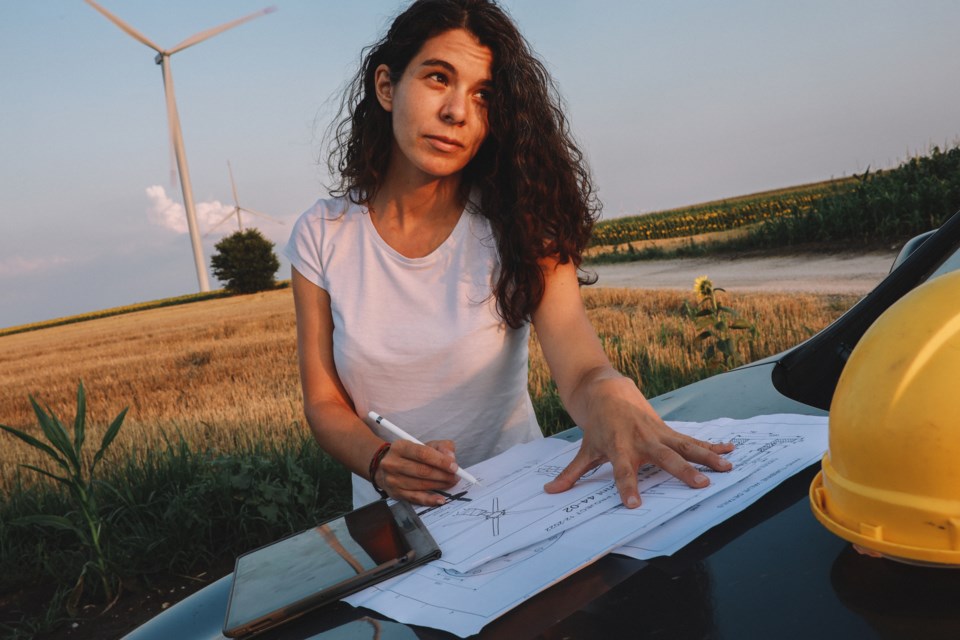Science is cool, and girls can be scientists, too.
It would be nice if we didn't have to specify gender when it came to scientists—after all, most of us want to be known for what we do, not the gender we do it as—but as shown by the report Women in STEM careers - where we are in 2023, we have work to do before we can be considered equitable where science is concerned.
Women make up less than 25% of those employed in science, technology, engineering, and math (STEM) careers in Canada.
Brenda Bailey, B.C. minister of jobs, economic development and innovation, and Kelli Paddon, parliamentary secretary for gender equity, released a joint statement to mark International Day of Women and Girls in Science on Feb. 11.
"There are so many exciting opportunities, and we encourage women to pursue fulfilling careers in science by providing accessible and affordable education," they said in a news release on Sunday. "This ensures a diverse team of future leaders who will enhance innovation to global concerns, such as the impacts of climate change, global food insecurity and life-threatening diseases."
The Female Scientist is a great website where female scientists tell stories of their careers and any hurdles they have had to overcome.
Luckily, we have—and have had—many female scientists in Squamish.
A former Quest undergrad, primatologist Kirsty Graham, who studies animal communication and cognition (how cool is that?) has a post on the Female Scientist site.
Also on the site, scientist M. Alzamora writes that in her experience, and shown by a Cornell study, while females and males are equally interested in the sciences, the changes in that equality come after they graduate.
"Researchers Haowen Zheng and Kim Weeden recently found that 64% of gender segregation within a given field is because of 'labour market factors' rather than any undergraduate degrees or qualifications. What this ultimately boils down to is that with the same training, men tend to enter higher-paying occupations than women do,” she said.
"While I certainly think that more women should be pursuing science or engineering if they want to, I think we should be hammering home the idea that most of the segregation comes after college."
It is not enough to get more women and girls into science at the post-secondary level; we need to ensure they get the same shots throughout their careers.
Other places do better than Canada.
In the European Union, 43% of STEM employees are women.
Alzamora says that a key to moving the dial that we can all do here in Squamish is to challenge gender norms.
"Tell your daughters and sons and nieces and nephews and the kids who live across the street that anyone can be a scientist or engineer as long as they're curious and work hard," Alzamora wrote. "Petition your school boards to make more inclusive curriculums. And always know your worth because that’s how you make other people know it, too."
Sounds like a good place to start.



.png;w=120;h=80;mode=crop)

